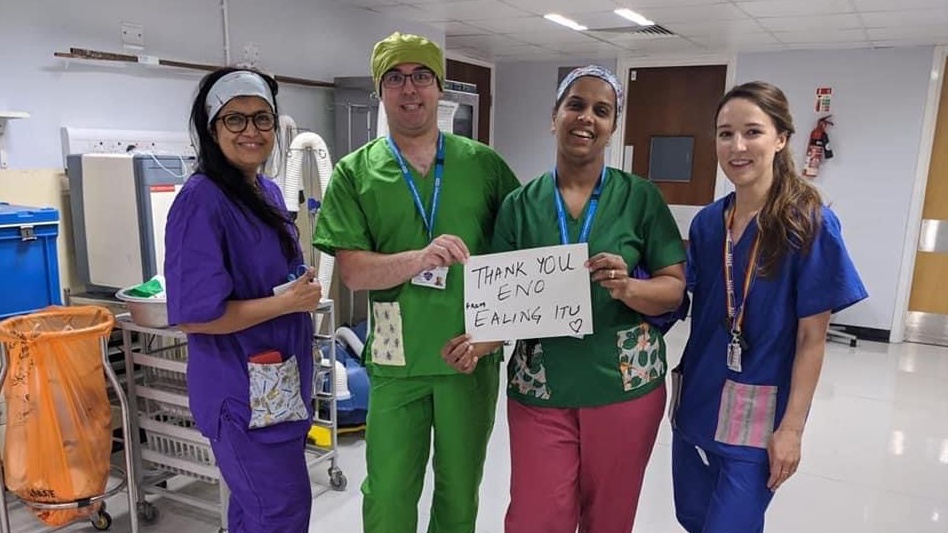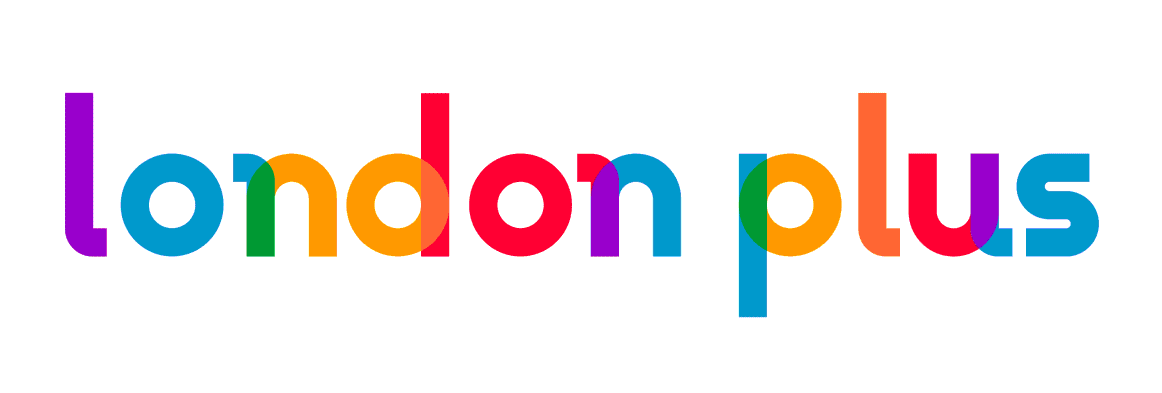London Plus is working with Simon Petherick on our new project: ‘Tales of Covid: London and the Pandemic’.
Read our blog below to explore a taster of the stories we’ve collected so far.
Our Tales of Covid Project

London Plus has commissioned Simon Petherick to collect stories, themes and lessons across all 32 boroughs. This is to explore how charities and community groups supported Londoners during the first waves of the pandemic and lockdown. Check out the previous blog announcing the project.
In particular, we want to explore the role of volunteers and how communities have supported their neighbourhoods. The project will look at how these groups were able to contribute in a wide range of areas, including health, employment, faith, bereavement, migrants, homelessness, young and older people.
The finished volume will be launched digitally in March 2022 with a physical report to be launched later in the year. It is aimed at everyone, including policymakers and businesses with an interest in London’s voluntary and community sector.
The Tales of Covid so far
Over the past few months, Simon has been speaking to community members and organisations in every London borough. We have collected a series of stories from Simon’s research from charities and community groups to share with you, as a taster only of the full project.
Creativity and The Arts

Many organisations used their creative ways to support and engage their local community during the lockdown. Marie, leader of Lee South Guide group in Lewisham, drove around the borough dropping off activity kits to the twenty-five teenage Guides to keep them motivated. The Guides were then able to make masks for local community groups and candles for local churches.
Similarly, the English National Opera’s costume team in Westminster turned their creativity to making scrubs and masks to protect NHS workers on the Covid frontline during 2020.
Equally creatively, Haringey Welcome created Adversity Rhyme, a song to promote the hardship fund set up by local volunteers to protect vulnerable migrants. From this, they were able to raise funds for migrant workers in the Borough in 2020.
Taking the Initiative

Havering Volunteer Centre is an example of taking the initiative locally. They had built a disaster resilience plan weeks before the first lockdown in March 2020. As a result, they had 600 vital volunteers in place ready to assist as soon as lockdown began.
Many organisations had to expand and innovate to keep up with increasing demand. The Outside Project, with funding from City Bridge Trust, expanded in lockdown to become a 24-hour service. They opened an emergency refuge in central London for the LGBTIQ+ community fleeing domestic abuse in London.
Often, services were expanded digitally to reach isolated service users. Certitude London’s social care provider for people with learning disabilities, autism & mental health needs engaged with families with autistic children forced to isolate in lockdown. They did this by engaging with the children on Facetime for up to five hours at a time.
Partnerships and Collaboration

Homelessness charities Depaul and New Horizon Youth Centre worked together during the pandemic with the Greater London Authority and London Councils. They were able to open Hotel 1824, London’s only emergency accommodation project for under-25s sleeping rough. During the pandemic, they provided safe accommodation for 350 homeless young people in West London.
Feelings of isolation were common amongst young people during the first lockdown. Young Hammersmith and Fulham Foundation worked with The Young People’s Foundation Trust, The National Youth Agency and 1000 membership agencies in the borough. This helped to enable safe outdoor meetings with young people during the first lockdown.
Another example of collaboration, Southall Black Sisters worked with Imkaan in Ealing. This was to protect and support black and minority women in the borough, who faced increased domestic abuse during the lockdown. They were able to provide them with food vouchers, care packages and digital inclusion strategies.
Distributing Essential Goods
Volunteers often helped deliver essential goods where there were no other means of distribution. Brent charity Sufra NW London partnered with The Penny Appeal to deliver 40,000 hot meals in northwest London during Ramadan 2021. This was five times more than in previous years, a reflection of the community’s struggle after lockdown family income falls.
Volunteer Centre Sutton was contacted by Sutton NHS at the end of March 2020. They had a warehouse of PPE equipment, but no means of distributing it to Sutton’s 19 GP surgeries. Within 48 hours, VCS’s volunteers had completed the job.
The Hornbeam Centre in Waltham Forest is another innovative example of volunteers providing goods to those in need. They started Good Deeds On Bikes in lockdown to send food from their café out to isolating residents using volunteers on bicycles. Over 3000 meals and 1200 grocery bags were delivered to 115 households.
Contact Simon
These are just some of the initiatives and stories Simon has already collected. We want to celebrate them, highlighting how ordinary Londoners stepped up to help; and use them to inspire others, as well as tease out the lessons for the future
We are still collecting stories for this project. So please contact Simon with suggestions for topics and stories, or with any enquiries about his research.
The contact email address for the Tales of Covid project is talesofcovid@londonplus.org.
Please contact Simon with suggestions for topics and stories, or with any enquiries about his research.
Back to Homepage
